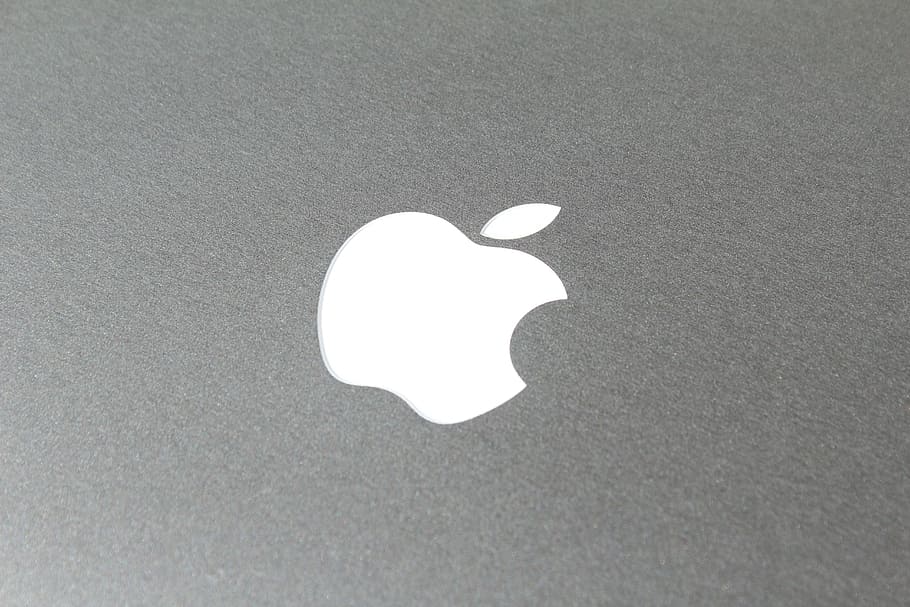- Get link
- X
- Other Apps
- Get link
- X
- Other Apps
Apple's entry into designing its own chips for its Mac devices has been a resounding success. The M1 and M2 series of Apple silicon chips have impressed users with their performance and power efficiency. Now, Apple is setting its sights on the next generation of chips, and if the latest reports are to be believed, the Apple M3 Pro chipset could be a game-changer.
According to Mark Gurman's report in the Power On newsletter, developer logs from the App Store indicate that the M3 Pro chip is already being tested on an unannounced MacBook Pro laptop running the upcoming macOS 14 operating system. While this is exciting news, it's important to note that the M3 Pro is expected to be officially unveiled next year, suggesting that Apple is meticulously fine-tuning its performance and features.
One of the standout features of the M3 Pro chip is the rumoured inclusion of 12 CPU cores, surpassing the 8-core CPU found in the current M1 Pro chip. This increase in core count demonstrates Apple's commitment to pushing the boundaries of performance on its Mac devices. The report suggests that the 12 cores will be divided between high-performance cores and efficiency cores, ensuring optimal performance and power management.
To manufacture the M3-series chips, Apple is rumoured to be partnering with TSMC and utilising their cutting-edge 3nm node process. This advanced manufacturing process allows for more transistors to be packed into a smaller space, resulting in increased performance and improved power efficiency. The adoption of the 3nm process underscores Apple's dedication to staying at the forefront of chip technology.
Before we witness the release of the M3 Pro, Apple is expected to launch a few devices powered by the standard M3 chipset. This implies that we may see M3-powered Mac devices hitting the market by the end of this year or early next year. These devices will likely offer a significant performance boost compared to their predecessors, thanks to the advancements in Apple's chip architecture.
Apple's decision to design its own chips has proven to be a strategic move, allowing the company to have more control over the hardware and software integration of its devices. The transition to Apple Silicon has resulted in improved performance, longer battery life, and enhanced features across the Mac lineup. With the M3 and M3 Pro chips on the horizon, Apple continues to push the boundaries of what is possible, setting new benchmarks for the industry.
As we eagerly await the official launch of the M3 Pro chip, it's clear that Apple's commitment to innovation remains unwavering. The upcoming generation of Apple silicon chips promises to deliver even more power and efficiency, ensuring that Mac users can enjoy seamless performance and a superior computing experience. Whether you're a creative professional, a student, or a casual user, the future of Apple's Mac devices powered by the M3 series chips looks incredibly promising.
- Get link
- X
- Other Apps

Comments
Post a Comment